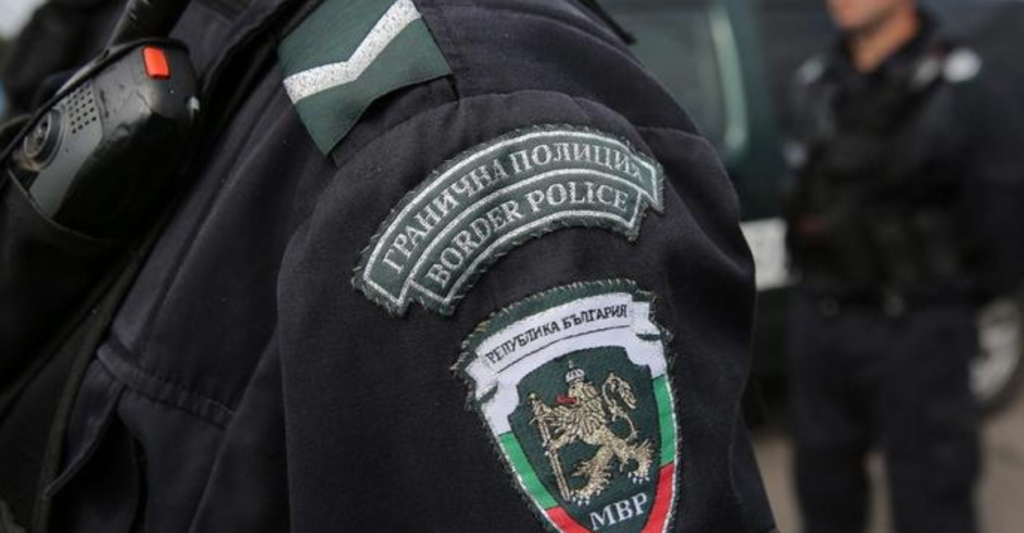
Bulgaria has announced that it is sending hundreds of soldiers to its southern frontiers to stop migrants from crossing from Turkey and Greece. Bulgaria’s defence ministry says pressure on its borders is increasing.
Bulgaria announced on Thursday (August 26) that it would send between 400 to 700 soldiers to its borders with Greece and Turkey, to support around 1,000 border police officers already stationed there.
EU countries have been anticipating a fresh exodus from Afghanistan after the Taliban seized control of Kabul on August 15. Bulgaria, in the southeastern corner of Europe, expects flows of migrants to attempt the crossing from Turkey.
“The pressure on Bulgaria’s borders is increasing, which requires the government to act, and it is doing just that” Defence Minister Georgi Panayotov said in a statement.
The soldiers being deployed “will carry out a protection mission,” he said, adding that they would be available to help police and gendarmes with “constructing barriers and surveillance.”
The interior ministry has said an increased number of undocumented Afghan migrants have been detained in the past week.
Almost 17,000 migrants sent back
Bulgaria, the EU’s poorest state, is on one of the main routes used by people trying to reach Europe from the Middle East and Afghanistan.
Between 2013 and 2018 it built a barbed-wire fence along its 260-kilometer border with Turkey but it was not properly maintained, and therefore the border did not remain totally sealed.
Figures from the UN migration agency (IOM) and national authorities show that there were a total of 3,111 arrivals to Bulgaria (all by land) between January 1 and July 25, 2021 — almost as many as during the whole of last year.
At the end of July, then caretaker Interior Minister Boyko Rashkov said that 590 irregular migrants had been caught in Bulgaria and 16,900 returned to neighboring countries since the start of 2021.
Rashkov told Parliament that his ministry was monitoring the situation on the Bulgarian border and was prepared to respond in a timely manner if the pressure increased dramatically, the Sofia news agency novinite.com reported.
Pushbacks and discriminatory asylum practices alleged
Bulgaria has been accused of carrying out systematic pushbacks of migrants at its borders. In July, Bulgarian authorities were found to have violated European human rights law when they forcibly returned a Turkish man to Turkey without giving him the chance to challenge his removal.
The man’s lawyer, Carsten Gericke, said that Bulgaria had “a longstanding practice of denying refugees protection from persecution and handing them straight back to their persecutors.”
In March, the program Frontline on the Dutch public broadcaster VPRO reported that dozens of mostly Afghan migrants were involved in a pushback from Bulgaria into Greece near the village of Dikea in May, 2020. Some said their shoes had been taken and claimed they were beaten by police.
A European Council on Refugees and Exiles (ECRE) report said that push-backs from Bulgaria affected more than 15,000 people in 2020. According to ECRE, Afghans who did manage to apply for asylum in Bulgaria had a 99% rejection rate at first instance (meaning the first time they submitted an application).
Turkey already hosts nearly four million Syrian refugees and 300,000 Afghans. With more people expected to be seeking protection, especially from Afghanistan, Turkish President Recep Tayyip Erdogan said last week that Turkey was not willing to become “Europe’s refugee warehouse.”
In February last year, the Turkish government announced that it was “opening the gates” to allow hundreds of thousands of asylum seekers in the country to leave and enter the European Union. More than 10,000 migrants rushed to the border with Greece, and large numbers tried to cross but were met with tear gas and rubber bullets.
Despite criticism of the Greek authorities’ tactics, the European Council backed Greece and Bulgaria, saying the EU supported their efforts to protect the EU’s external borders.
